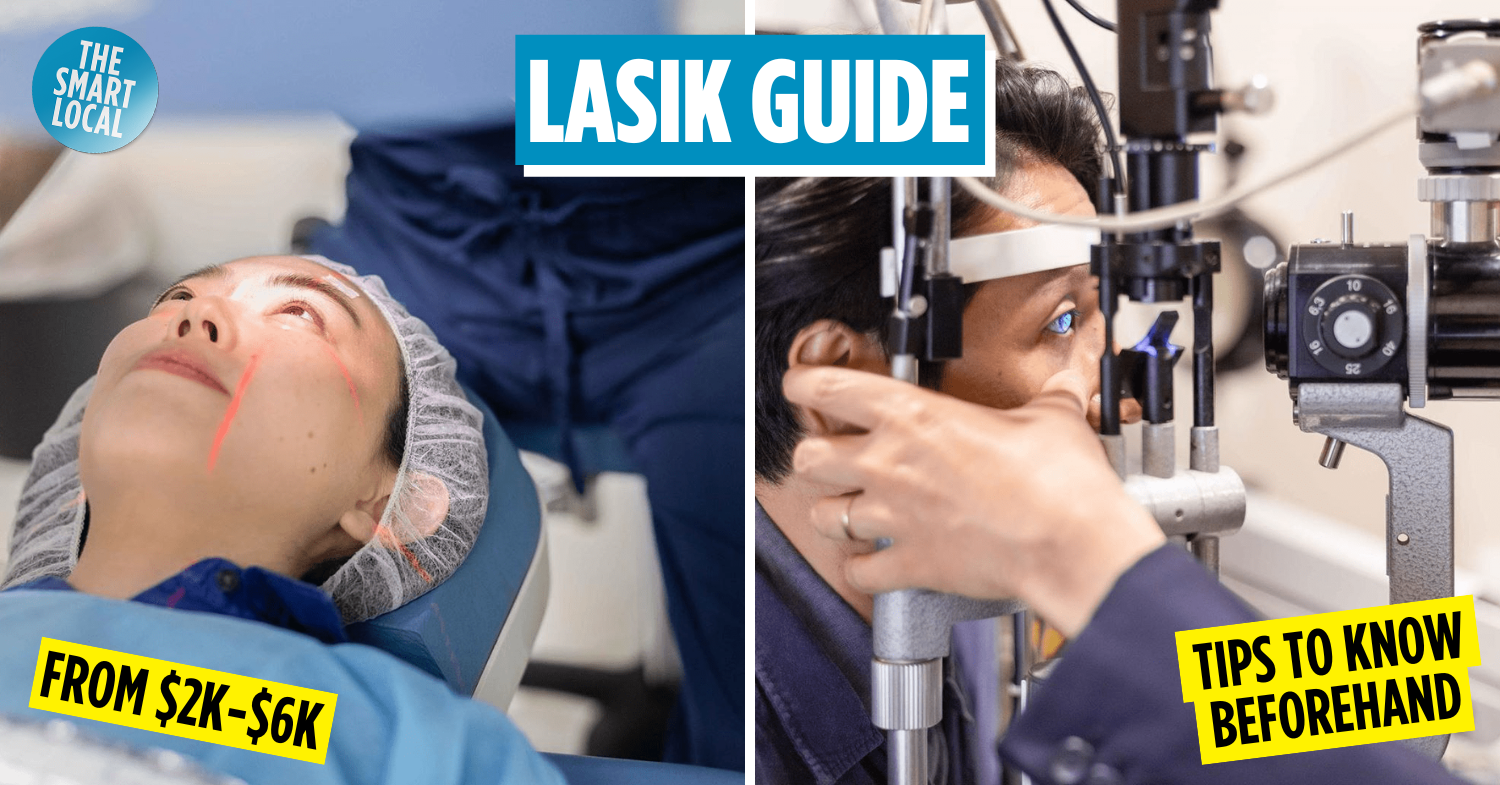Lasik in Singapore
If you’re a “4-eyed” person, or someone who just can’t deal with the hassle of using contact lenses, you might have toyed with the idea of getting Lasik to put an end to your eyesight woes once and for all. Naturally, a procedure on such a sensitive organ is daunting, so it’s common to be sitting on the fence for a while.
To help aid your decision-making process, here’s a guide to Lasik in Singapore covering what the vision correction procedure entails, any possible side effects, and aftercare.
What is Lasik?
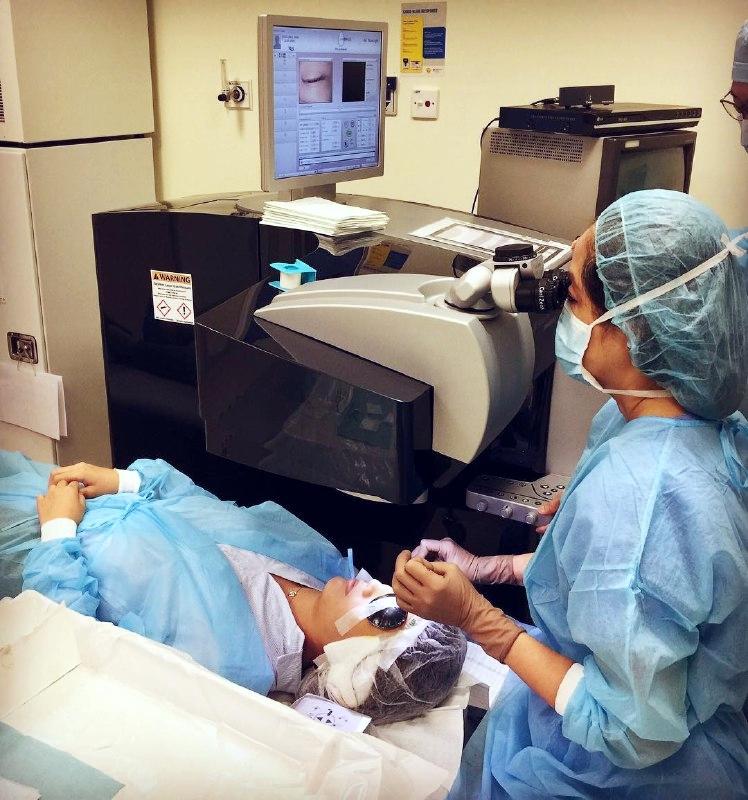
Image credit: @drcordeliachan
Lasik is a laser eye surgery that helps correct bad vision, whether it’s myopia, farsightedness, or astigmatism. It reshapes your cornea so that light can refract and enter your retina better, allowing you to see more clearly.
For the squeamish, there’s little to worry about. There’s no eyeball dissection involved, and it’s a very superficial surgery that only slices off a very thin layer of your cornea. The entire treatment is painless and lasts just around 5-10 minutes per eye, with no knives or needles involved. Even anesthesia is in the form of eye drops, so you don’t have to get freaked out over the thought of enduring an injection through your eyeballs.
Expect to spend between $2,000-$6,000 in Singapore for both eyes, depending on the recommended Lasik procedures and where you get it done.
The procedure
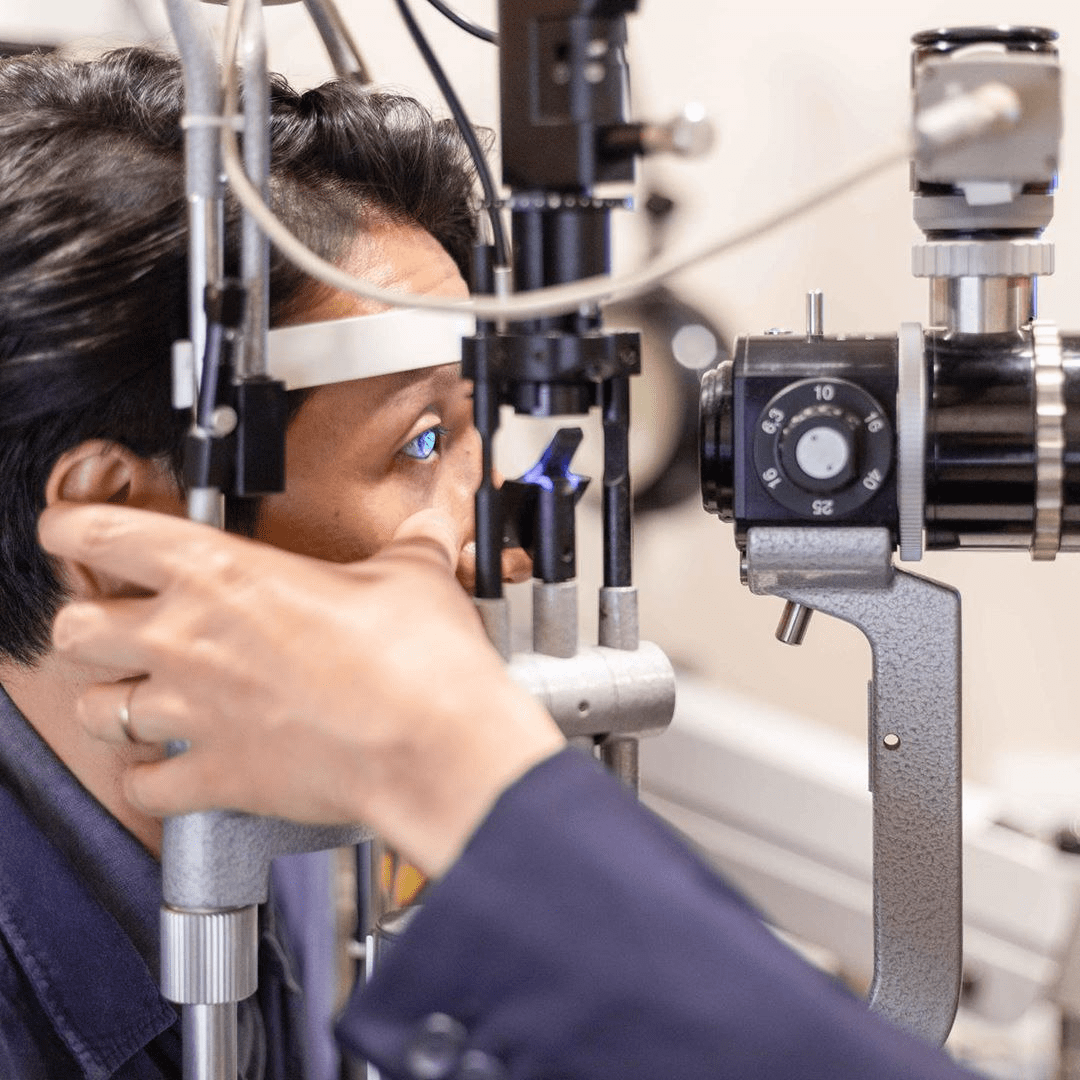
Image credit: @jerrytaneyesurgery
Not anyone can just walk into a clinic and request for Lasik. You will first have to go through a preliminary eye exam with a doctor. From there, your cornea’s shape and thickness will be measured and you will be assessed for your suitability for the procedure.
Generally, all Lasik candidates should have had stable eyesight in the past 2 years – so your degree shouldn’t have had any recent abnormal fluctuations. This is why those below 18 are usually not allowed to undergo Lasik. It is also recommended to go for Lasik before the age of 55, as our eyes tend to go through more changes after that age.
To prepare for Lasik, you will have to stop wearing your contact lens several days to 2 weeks before your treatment, as contacts can change the shape of your cornea.
Right before the treatment you’ll be given numbing eye drops, and a speculum will be put around your eyes to keep your eyelids open for the surgery. This will make it impossible to blink, but you shouldn’t feel the urge to do so as the trained professionals will make sure your eyes are lubricated enough.
During the surgery, which is entirely controlled by a computer, you will be asked to look at a coloured light to keep your vision focused in one place. A suction ring will be placed over your eyes to prevent movement, and you might feel a bit of pressure on them. This is all virtually pain-free, if a little uncomfortable.
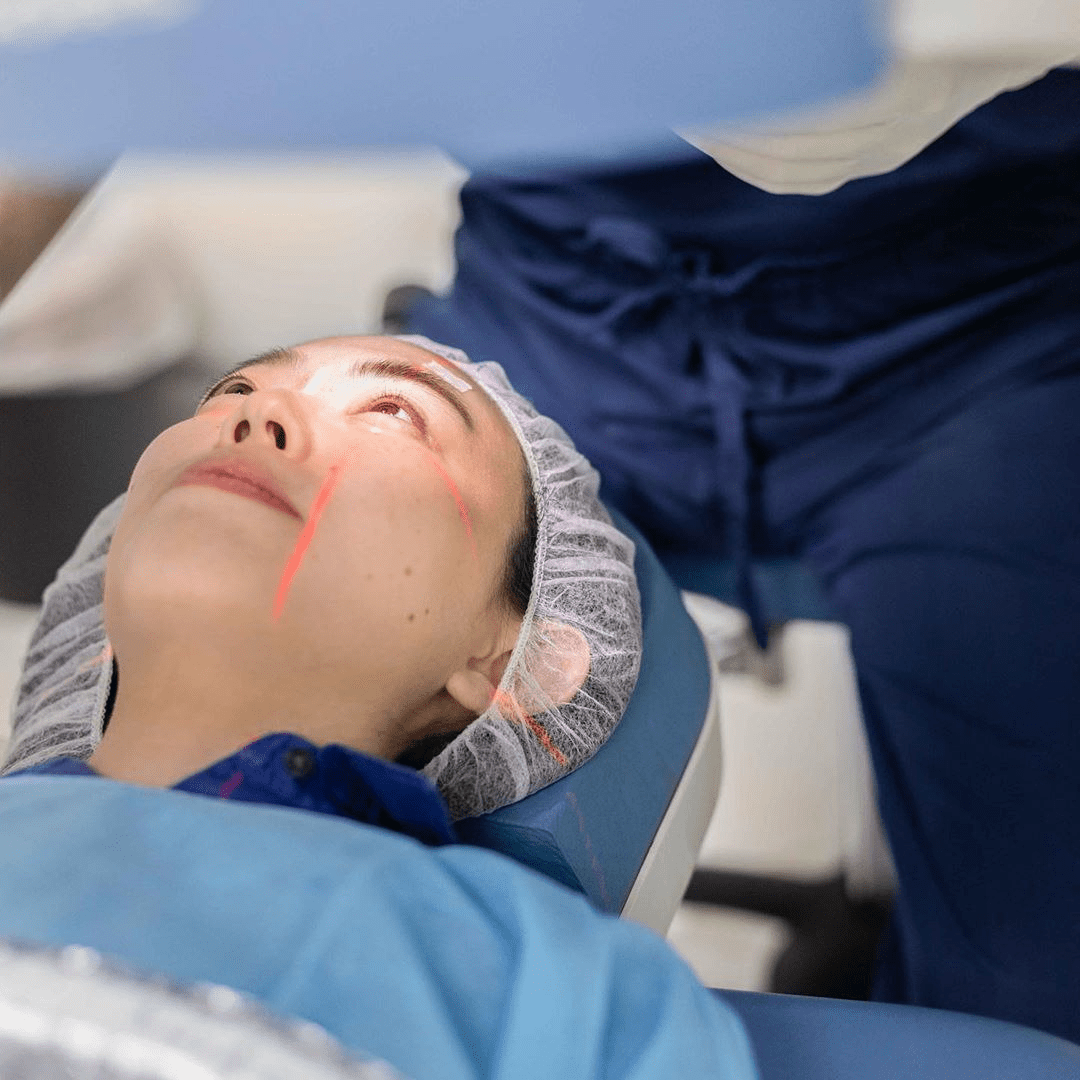
Image credit: @jerrytaneyesurgery
It’s normal to experience some soreness, dry eyes, and blurry vision right after Lasik. Please do not drive yourself home as this could be potentially dangerous due to the state of your post-treatment vision. Get a family member or friend to ferry you home instead, or take a cab back and sleep it off. You’ll wake up with clearer vision the next day!
Not to worry about having to make it to work the next morning, as you’ll receive a Medical Certificate (MC) that will give you 2-5 days off, depending on the clinic. As a form of courtesy, you might want to inform your boss or office team mates about your Lasik leave in advance, so that they can prepare to make arrangements to cover your work during those days.
Aftercare

Image credit: @envisionboston
You will be given eye drops and artificial tears to keep your eyes hydrated and free of infection or swelling. Follow the instructions given and use them religiously, because they are paramount to the recovery process, especially in the first week.
A follow-up appointment with the doctor should be scheduled within the next few days so that they can check on your recovery.
It’s best to wait till the next day to shower, and even then, do take special care to ensure that your shampoo, face wash, or even any water doesn’t get into your eyes.
During the first week post-treatment, you should wear shades to protect your eyes from the unforgiving sun. These shades should ideally cover your whole eye with minimal gaps at the side – so put aside those Ray Bans aviators and go for sports brands like Oakley. You’ll be able to find suitable sunglasses from sports stores like Decathlon as well.
You might also need to wear protective eye goggles to bed, so that you don’t accidentally injure or rub your eyes in your sleep.
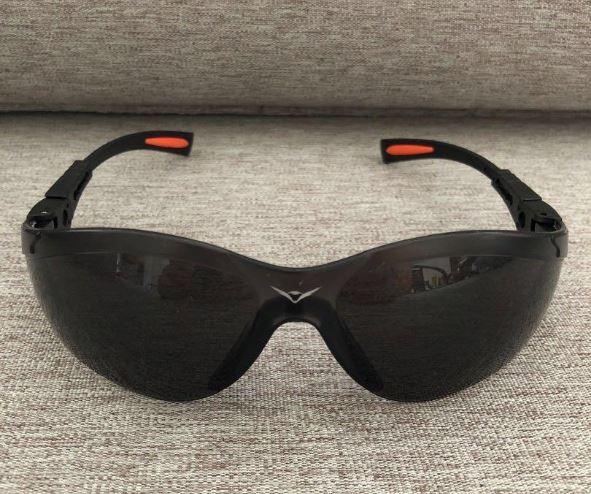
Image credit: piggyhome
This will be hard, but do make a point to stay away from close eye work for a week. This includes staring at the computer, TV, books, or your phone for too long. Best time for a social media detox!
Vanity has to take a backseat – avoid wearing eye makeup, and any face creams should be applied away from the eye area. It will be a good idea to stay off eye cream for a while, as it can still enter your eyes without you knowing and cause buildup as you sleep.
You’ll also want to wait a couple of days before returning to light sports like jogging or lifting weights. Avoid contact sports like boxing or soccer where your eyes could potentially experience trauma.
Potential risks & side effects involved

You might need glasses to see well at night.
Image credit: @flo.ti.lo
Although Lasik is supposed to get you perfect eyesight, you may experience some side effects like permanent dryness, which means you’ll always need to have eye drops within reach. Some people end up becoming sensitive to light, or experience hazy vision in low light. This makes it difficult for one to drive or look at bright lights at night, and you may still need glasses for that.
The effects of a successful Lasik surgery might also eventually regress over a couple of decades, so it’s not completely permanent.
Lasik is not 100% foolproof; Your vision may be over- or under-corrected, and you may have to undergo an enhancement surgery.
And as with all surgeries, there’s also a small chance of permanent damage. This is a rare occurrence and doctors take precautions to avoid Lasik complications – hence the preliminary examinations. If your doctor advises against Lasik, it’ll be best to consider other options such as overnight contact lenses.
Where to get Lasik in Singapore
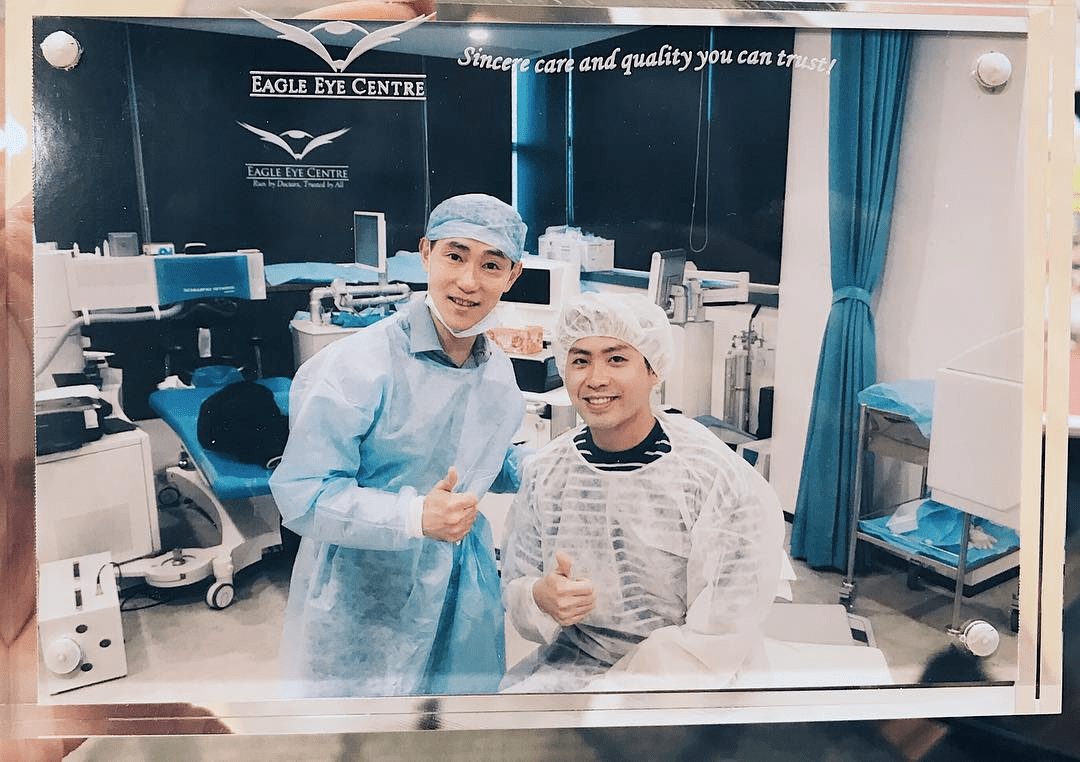
Some clinics give you a keepsake photo with your doctor after the treatment.
Image credit: @aaronlucas.p
You can get Lasik at a private ophthalmologist, which specialises in eye-related issues and procedures. Some examples include:
- Eagle Eye Centre
- Clearvision Eye Clinic and Lasik Centre
- Shinagawa Eye Centre
- Clearvision Eye Clinic & LASIK Centre
- Atlas Eye Specialist Centre @ Paragon Medical
- Dr. Natasha Lim Eye Centre
Many of our local government hospitals* also have affiliated eye clinics, such as NUH Cataract and Lasik Centre and Tan Tock Seng Hospital (TTSH) Lasik Centre. You could also make an appointment at the public Singapore National Eye Centre.
*With the recent TTSH cluster, it’ll be wise to avoid the hospital for a couple of weeks just to be safe. As of time of writing, other hospitals are also deferring non-urgent surgical operations, so if you have any visits planned, it might be postponed to a later date if it hasn’t been already.
Note that you cannot use Medisave to offset the costs of your Lasik bill – unless it is done as part of a medical procedure rather than a cosmetic one. Some valid reasons to use Medisave for Lasik is if you need the surgery as a result of complications from a previous eye issue, or because you are medically unfit to use contact lenses or spectacles.
Lasik guide for Singaporeans
Even though it’ll cost you quite a buck and the effects may not be fully permanent, Lasik will still improve your vision by leaps and bounds and rid you of the need of relying on uncomfortable contact lenses. Not to mention, the mask-induced fogging of our glasses have truly shown us how cumbersome glasses can be once again.
Many who have undergone Lasik have never regretted the decision, so if you need more help in weighing the pros and cons of this vision-correcting surgery, it always helps to talk to a friend who has done it before.
More similar articles for bespectacled folks:
- Affordable spectacle stores in Singapore
- OWNDAYS Demon Slayer glasses
- How I dealt with high astigmatism in my early 20s
Cover image adapted from: @jerrytaneyesurgery, @jerrytaneyesurgery
Originally published on 8th May 2021. Last updated on 2nd March 2023 by Kezia Tan.
